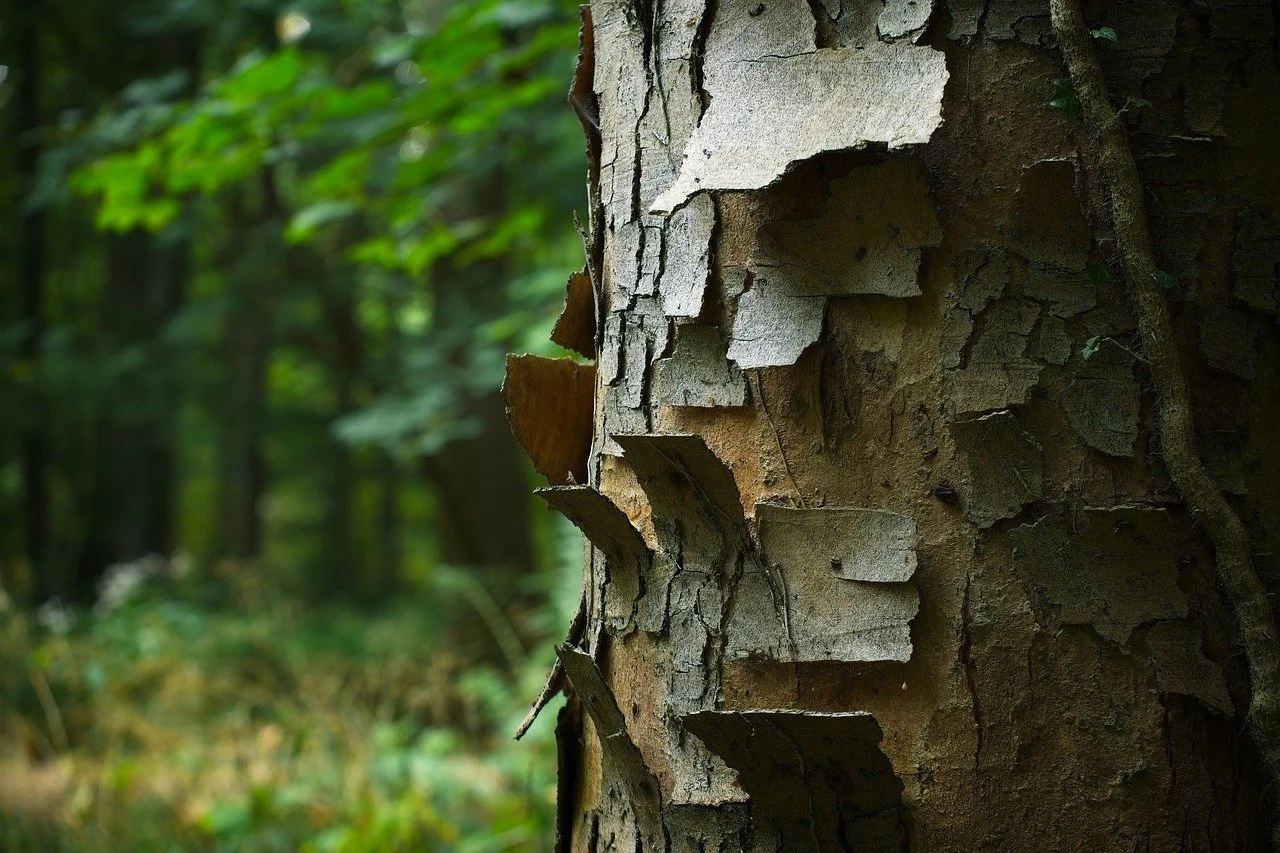While teaching and learning for Entrepreneurship capability is an established activity in postsecondary education, teaching and learning for capability in employee-led Workplace Innovation is a more recent development. Initiatives to develop workplace innovation capability in postsecondary education reflect growing recognition that “innovation and entrepreneurship are not only distinct concepts, but they also play out in postsecondary institutional contexts in different ways” [Selznick 2019].
Workplace Innovation in Accountancy: Innovation Adaptation in Auditing
In previous posts, we outlined our prototype workplace innovation Ladder of Professional Development Opportunities and provided illustrations from the work domain of Accountancy for the first two opportunities (Job Crafting and Innovation Adaptation), along with a demonstration of how innovative developments in Accountancy practice have opened up new opportunities for employee-led Workplace Innovation by accountants.
In this post we follow up with examples from the specific Accountancy subfield of Auditing, to illustrate the dual goals of employee-led Workplace Innovation (improving organizational effectiveness and quality of work life), adaptation of innovative accounting practices from sources outside the firm, and the development of new innovator roles for accountants in Audit.
More Than Innovation: WINCan’s Contributions to Scholarly Research
Welcome Back EUWIN!
We were delighted to see the announcement of “a new takeoff for EUWIN”, including a relaunch of the EUWIN Bulletin and a revitalized Knowledge Bank. In this post, we’ve highlighted a few of their new directions, so that you can see the topics and issues being explored.
Needed Now: A Revaluing of HASS Education
In this post in the Australian daily higher education news update, Senior Lecturer for Queensland University’s Institute for Teaching and Learning Innovation, Dr. Deanne Gannaway urges Australia’s post-secondary educators to reconsider the value of Humanities and Social Science (HASS) Education. Deanne is an Associate Professor in the University of Queensland's Institute for Teaching and Learning Innovation and leads their partnership with WINCan.
Job Crafting for Industry 4.0 Is Employee-Driven Innovation
We hear on a regular basis from our workplace partners that our graduates will need to adapt to Jobs of the Future by working with knowledge that doesn’t yet exist, using knowledge practices and formats that don’t yet exist, in work roles and structures that don’t yet exist. How can we help learners to develop the capabilities needed in order to engage with, make adaptations to and even lead the way on the changes that we can’t yet anticipate?
Beyond Stickies, Sharpies and Innovation Theatre
An Overview of Community Innovation Trends - Part One: Design-Based Approaches
In this post, Galen MacLusky, Consulting Director of the Tamarack Institute’s Community Innovation Idea Area links to his research note on Community Innovation Trends. If you're not familiar with the Community Innovation notion, it refers to a particular form of social innovation that is place-based – within the specific geography of a community.
Lifting the Blinders on Innovation
WINCan workplace partner Galen MacLusky, Director of Community Innovation for the Tamarack Institute, discusses how taking the time to explore why you want to innovate can help you expose potential pitfalls that otherwise may have been missed. Galen describes three different community innovation drivers and the various risks that accompany each. With each risk, Galen provides some common questions that can help you uncover where a focus on innovation may take you away from your goals. (originally posted this month on the Tamarack Institute website).
Innovation and Indigenous Ways of Knowing
In this post we highlight sample resources we discovered that showed promise in helping us address these goals. These came from multiple research areas, which we characterized under the following headings:
Indigenous Ways of Knowing and “Indigenous-Minded Innovation” as a Social Process
Research evidence on Indigenous Entrepreneurship
Research evidence on innovation within specific indigenous communities
Exemplary practices for incorporating Indigenous Ways of Knowing into higher ed programs














